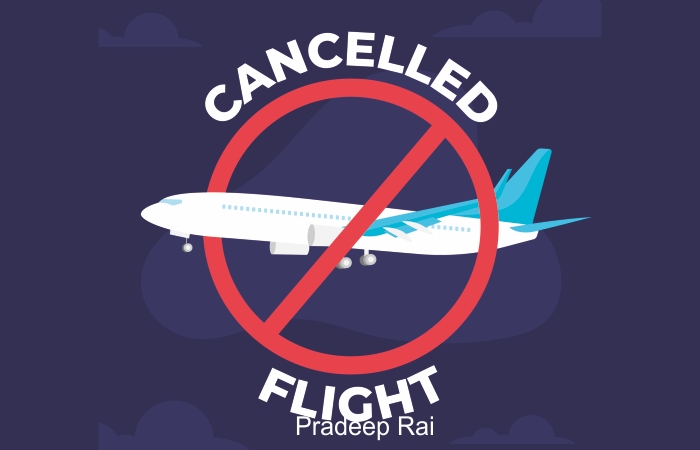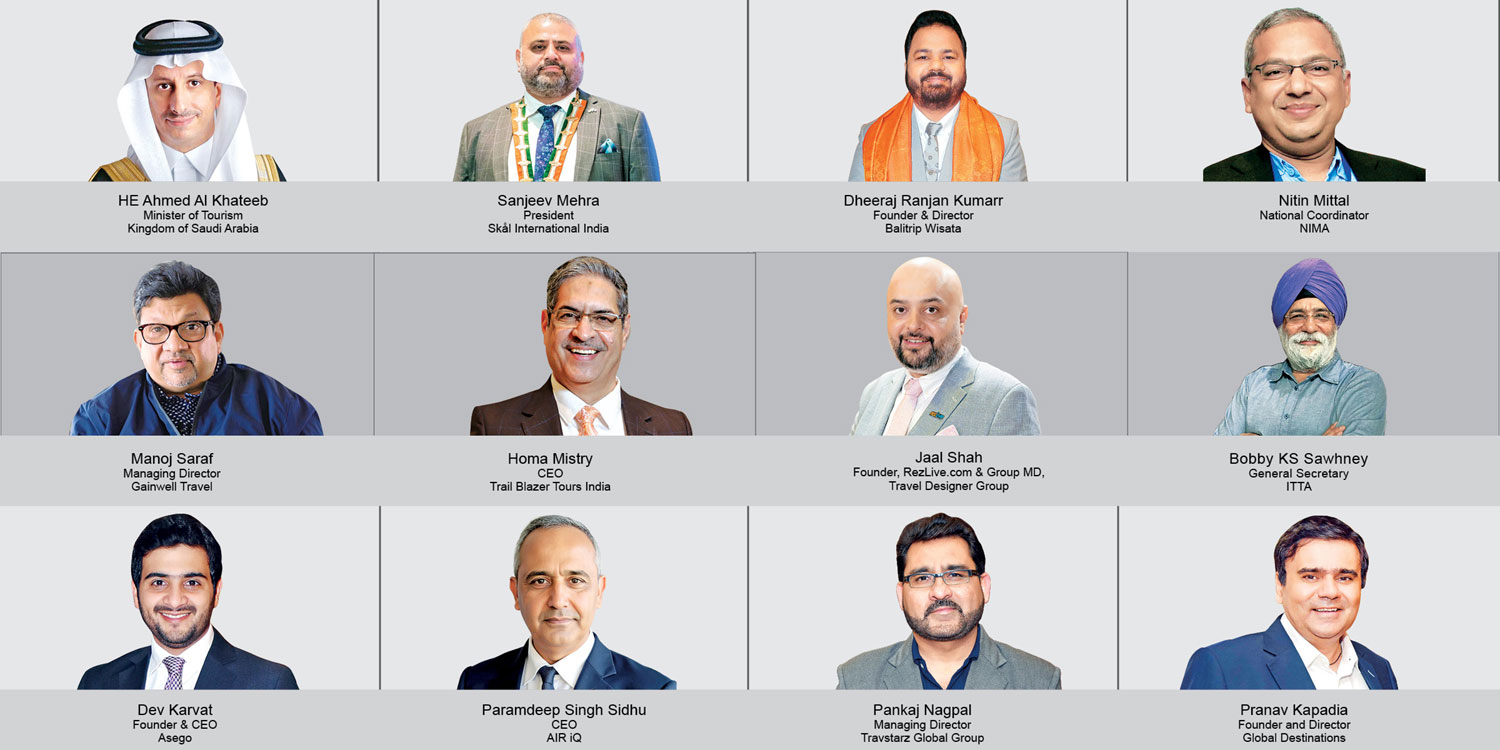
Travel agents, unlike airlines, neither have regulatory safeguards nor any control on refunds in situations like the present. Dheeraj Nair, Partner at J Sagar Associates and Co-Chair of the Disputes practice of the firm, defines the need to put forth the travel agent’s case against credit shells before the Supreme Court.
The legality of airlines creating credit shells has been taken up by the Supreme Court of India in a public interest litigation seeking a full refund of passengers’ airline tickets for travels during the lockdown. However, the petition before the Supreme Court only analyses this issue from a passenger’s perspective. These pending litigation poses an opportunity for the travel agents. In the absence of any regulatory authority, travel agents must put forth their case before the Supreme Court of India.
Insufficient knowledge of the operations of travel agents
Every individual, including the Supreme Court judges, are consumers to airlines. Thus, they understand the transaction between a consumer and an airline and relate to the impact of cancellations and refunds. However, non-members of the travel industry are not aware of the transaction between an airline and a travel agent and thus, cannot relate to the impact of cancellations and refunds on travel agents. Only by placing this information on record will the Supreme Court be compelled to consider, and consequentially grant any reliefs to travel agents.
Direct loss to travel agents
Similarly, Supreme Court judges may be unaware of how travel agents suffer a direct loss if complete refund of airline tickets isn’t given. It must be explained that travel agents make advance payments to airlines for tickets booked by customers, on credit. Therefore, if a refund on cancellation is not granted, the travel agent suffers the entire loss of the ticket cost since passengers (whose flights have got cancelled) have not yet, and may not at all, deposit the cost of a cancelled ticket. Therefore, to recover its costs, the travel agents needs a refund from the airline.
Distinction between date of ‘booking’ and ‘travel’
The difference between the two is very difficult for a layman to understand. The Ministry of Civil Aviation vide notification dated April 16, 2020 has also conveniently directed the refund of tickets booked during lockdown, notwithstanding the need for refunding tickets, booked in advance, for travels during the dates of the lockdown. This is particularly relevant since many travels during lockdown were for specific purposes such as summer vacations, weddings, corporate events, etc., which have now been cancelled, and no purpose will be served by crediting a credit shell for that sector.
Contravention of the ‘Civil Aviation Requirement of May 2008’
As submitted before the Supreme Court, the unilateral decision to create credit shells by the airlines is in direct violation of the DGCA Civil Aviation Requirement of May 2008 which expressly indicates that the “the option of holding the refund amount in credit shell by the airlines shall be the prerogative of the passenger and not a default practice of the airline”.The lack of water-tight contractual relationships within members of the industry (between airlines and travel agents, amongst travel agents and of travel agents with passengers), deprives travel agents of any contractually enforceable legal right against the airline or the passenger for recovery of their monies. Moreover, there is an absence of sectoral statutory or regulatory safeguards available to travel agents.
Fortunately, the Supreme Court of India is sympathetic to all stakeholders effected by a court proceeding, like travel agents in the present case. Moreover, decisions of the Supreme Court of India become the law of the country, thus, by being the apex judicial authority in India, the airlines and ministries are duty-bound to follow any directions issued to it. To take advantage of this situation, it is extremely important that travel agents bring to the fore their version of the story to make the Supreme Court conscious of the plight of the travel agents while deciding the matter.
 TravTalk India Online Magazine
TravTalk India Online Magazine





